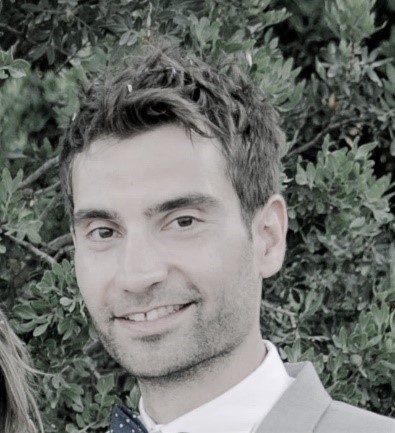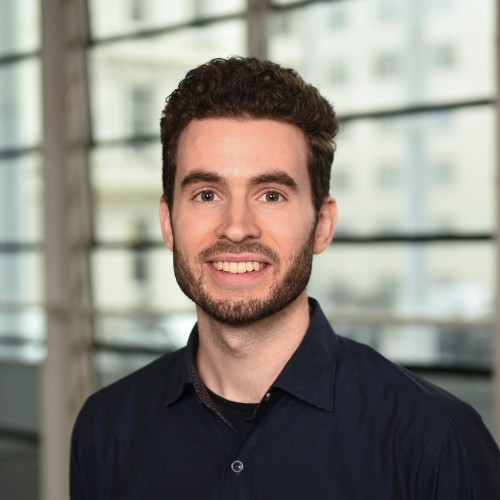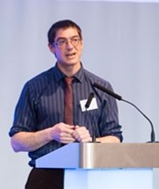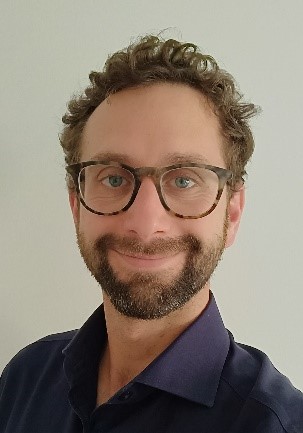Focus Group Workshop 4
Wednesday 28th June 2023
14:00
University of Bath and online
Description and Aim
The CCP-WSI Focus Group Workshop 4 is an industrial engagement event hosted by the CCP-WSI. The workshop is hosted alongside the 10th PRIMaRE Conference, at the University of Bath, and so will be focused on offshore renewable energy applications. The Workshop provides an industry context to WSI-related code development challenges and a forum for WSI-related discussions that are relevant to a broad range of applications including coupled fluid and solid mechanics (with a specific focus on free-surface flows, i.e. ‘waves’). The Workshop will bring together CCP-WSI project partners with representatives from the wider WSI Community to develop a priority list of WSI challenges and inform future targeted focus group meetings. The ultimate goal is to develop a roadmap for CCP-WSI activities and inform future funding calls.
Attendance
The CCP-WSI Focus Group Workshop 4 is a free to attend event but you must register in advance. The workshop will be held in Room 3WN2.1, building 3WN. Please note this a hybrid event and zoom details will be sent out to those who have registered nearer the time.
Agenda
| 14:00 – 14:15 | Welcome and Introduction to CCP-WSI | Prof. Jun Zang (UoB) |
| 14:15 – 14:35 | Floating wind turbines – opportunities, challenges and numerical analysis | Alex Argyros (Floating systems lead engineer – BP Offshore Wind) |
| 14:35 – 14:55 | Numerical Modelling for floating Offshore Wind Turbines | Francesc Fabregas (DNV GL) |
| 14:55 – 15:15 | Refreshments | |
| 15:15 – 15:35 | Better ocean characterisation needed for marine renewables and offshore aquaculture: coupled wave-current mean flows | Matt Lewis (Senior Consultant – Intertek Water & Energy) |
| 15:35 – 15:55 | WES driving innovation and cross-sector collaboration | Jonathan Hodges (Innovation and Strategy Manager – Wave Energy Scotland) |
| 15:55 – 16:45 | Panel Disussion | |
| 16:45 – | Close |

Name: Alex Argyros (Floating systems lead engineer – BP Offshore Wind)
Bio: Alex is floating systems lead within the bp Offshore Wind organisation and is responsible for floating wind substructure technology. Prior to joining bp in 2021 he spent 10 years at DNV as lead naval architect and technical authority for moorings, working across O&G, floating wind, wave, tidal and solar energy sectors, where he specialised in hydrodynamics, mooring design, integrity management, and marine operations. Before that he obtained his PhD from Cambridge University on ultra-deepwater mooring dynamics and still maintains an active interest in research & development.
Title: Floating wind turbines – opportunities, challenges and numerical analysis
Abstract: The presentation will provide an overview of the opportunities and challenges with commercial scale floating offshore wind and then dive into numerical modelling of floating wind turbines, describing the requirements and areas where further development effort might be needed.

Name: Francesc Fàbregas Flavià – DNV GL
Bio: Francesc Fàbregas Flavià is a control and loads engineer at DNV GL Bristol. Before joining DNV GL, Francesc worked as a Lecturer in the Fluid Mechanics section in the department of Civil and Environmental Engineering of Imperial College London. His research focuses on advanced hydrodynamics and on the dynamics of floating structures. Francesc holds an MEng degree in Mechanical Engineering from Universitat Politècnica de Catalunya (UPC, ETSEIB) and an MSc in Renewable Energy Engineering from Cranfield University. After completing his MSc, he worked as a research engineer in the Ocean Systems Test Laboratory of Cranfield University where he participated
in the design and testing of small-scale wind and wave energy converter prototypes. He then moved to the LHEEA laboratory of Ecole Centrale de Nantes where he undertook his PhD on the hydrodynamic interactions in large clusters of wave energy converters.
Title: Numerical Modelling for floating Offshore Wind Turbines

Name: Matt Lewis (Senior Consultant – Intertek Water & Energy)
Bio: Dr. Matt Lewis is a senior consultant with Intertek, water and energy team. Matt uses hydrodynamic models to map the marine renewable resource, and improve water quality of our rivers and coasts. He has over a decade of academic experience, including previously having held a EPSRC fellowship in marine renewable energy, and has published over 50 peer-reviewed scientific papers with a H-index of 30.
Title: Better ocean characterisation needed for marine renewables and offshore aquaculture: coupled wave-current mean flows
Abstract: Dynamically coupled spectral wave models and 3D SWE ocean models for better hydrodynamic flow characterisation of intra array-scale interactions. Idealised COAWST model (ROMS and SWAN) results presented to illustrate infrastructure can be used to improve conditions for sheltered aquaculture and optimised marine renewable energy device siting

Name: Jonathan Hodges (Innovation and Strategy Manager – Wave Energy Scotland)
Bio: Following an early career in the aerospace industry, developing and testing Rolls-Royce turbofan engines, Jonathan moved to ocean energy sector where he gathered innovation, resource assessment and tecno-economic analysis exper ience. In his role as Innovation and Strategy Manager at Wave Energy Scotland (WES), he aims to identify innovation opportunities, influence research agendas and develop funding strategy to help the sector deliver cost competitive wave energy technologies. Jonathan is involved in global collaboration activities to develop technology assessment tools and processes, deliver consensus on performance metrics, and seek technology transfer opportunities to advance the sector towards commercialisation.
Title: WES driving innovation and cross-sector collaboration
Abstract: Since 2014, WES has been running a competitive research and innovation programme, aiming to deliver cost competitive wave technology. With successful proof-of-concepts demonstrated, WES is now helping to build a pathway to a commercial industry. Current areas of activity are colocation with floating wind, multiple absorber platforms and flexible devices, all of which require knowledge of wave-structure interactions.
Register
Registration for this event has closed.
